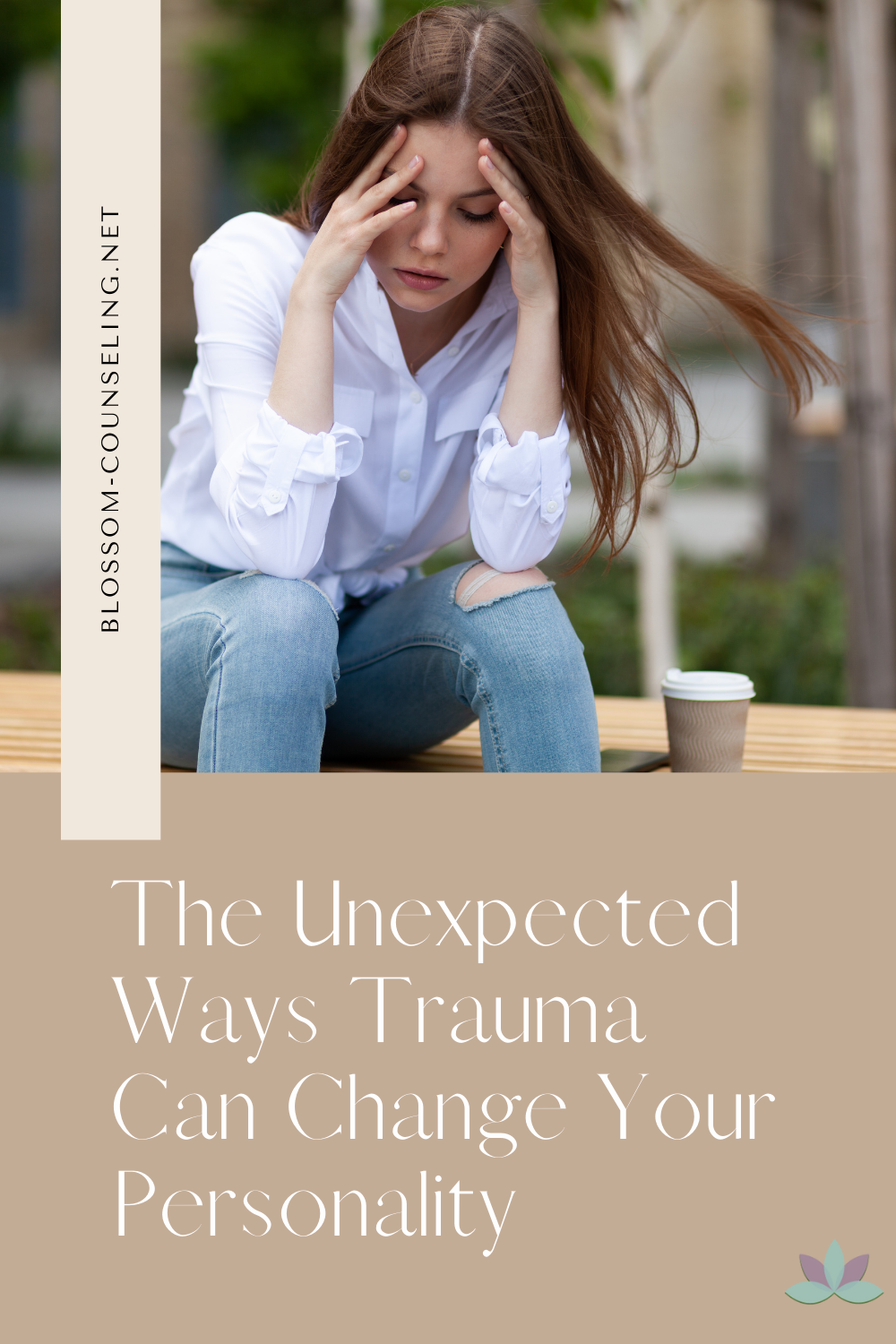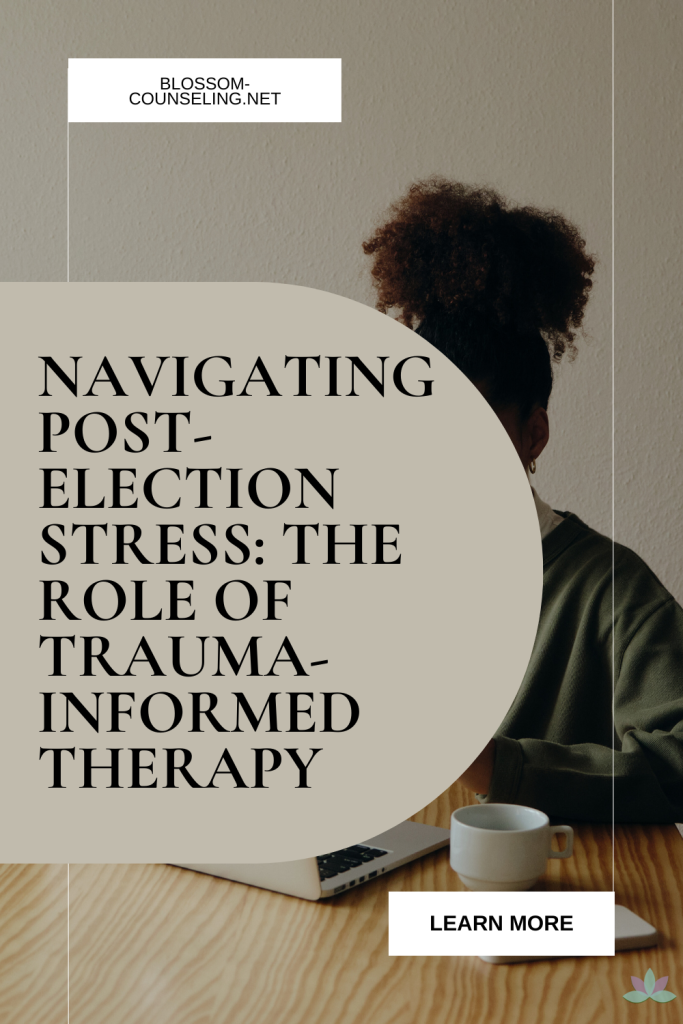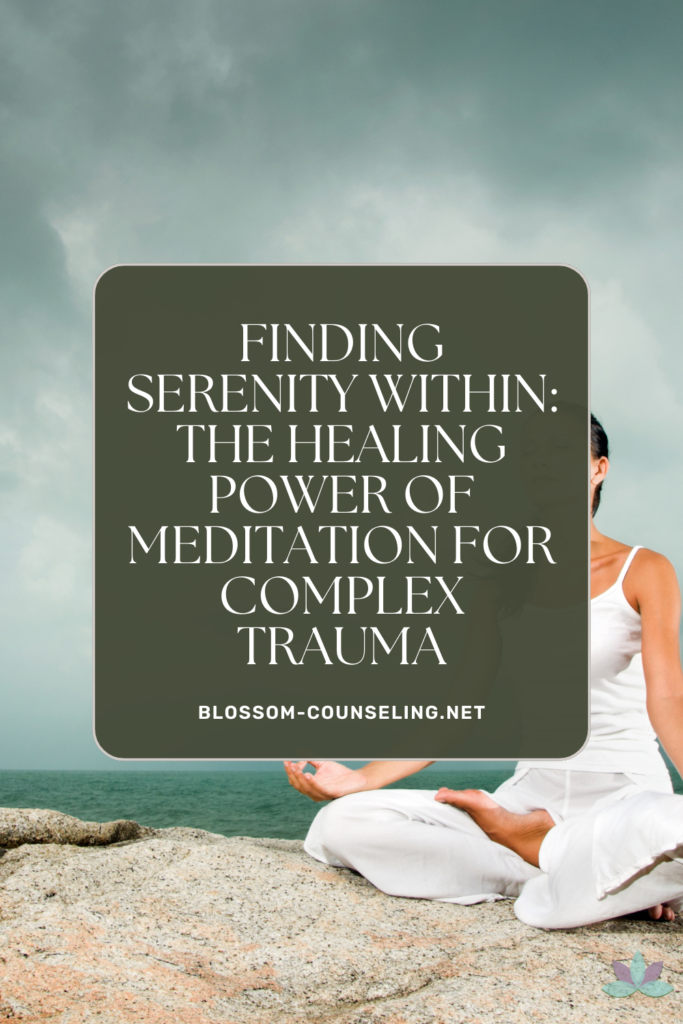
Ever look in the mirror and feel like you don’t recognize the person staring back? Not in a dramatic, movie-montage kind of way—but in that quiet, jarring sense that something about you has shifted. Maybe you’re more on edge than usual. Maybe the things that used to make you laugh now leave you numb. If you’ve experienced trauma, this feeling might not be in your imagination. Trauma can shape, shift, and even reshape our personalities—and understanding how that happens can be the first step in reclaiming your sense of self.
Trauma and Personality: What’s the Connection?
Let’s get this out of the way first: trauma doesn’t always come with a visible scar. It can be sudden or subtle, loud or silent, a single event or a string of experiences that chip away at your sense of safety. And one of the most disorienting outcomes? The way it can change who you are—or at least, who you feel like you are.
Behavioral Changes After Trauma
Some trauma survivors find themselves taking risks they never would have considered before—drinking more, driving recklessly, diving into work or relationships like there’s no tomorrow. Sometimes it’s about trying to feel something. Other times, it’s about trying not to feel anything at all.
Others go in the opposite direction: isolating, withdrawing, ghosting their social life altogether. Social anxiety, shame, or the simple fear of being seen as “different” can drive people to shut down or stay home. And for some, there’s an edge that wasn’t there before—anger comes quicker, patience wears thinner, and small stressors lead to big reactions.
None of these behaviors make you “broken.” They’re just signs your nervous system is still on high alert, trying to protect you—even if it’s using outdated strategies.
Emotional Instability and Trauma
Trauma can stir up a whole mix of emotions: fear, shame, sadness, guilt, anger, numbness. And the tricky part? These emotions don’t always show up in neat, organized ways. You might find yourself snapping at your partner one minute and crying in the shower the next, unsure what just happened.
This kind of emotional volatility is often rooted in changes to the brain’s stress response. Think of it as your emotional thermostat getting stuck on “extreme.” It’s not your fault—it’s your brain doing its best with the tools it’s got.
Cognitive Impacts of Trauma
If your brain has felt foggy post-trauma, you’re not alone. Many people struggle with memory, focus, or a general sense of disorientation. Some even experience dissociation—a sense of being detached from themselves or the world around them. It’s like your mind hits the “pause” button to protect you, but forgets to hit “play” again when it’s safe.
These cognitive changes can be frustrating, especially if you’re used to being “on it.” But they’re also a sign that your brain is responding to overwhelm in the only way it knows how: by slowing things down.
How Trauma Can Shift Your Outlook on Life
Trauma can change the way you see the world. Maybe you’ve lost trust in others. Maybe joy feels harder to access. Or maybe you question what really matters now.
But here’s something else: trauma can also lead to growth. It’s called post-traumatic growth, and it’s real. Some people come out of trauma with a stronger sense of purpose, deeper empathy, or clearer priorities. It doesn’t mean the pain wasn’t real—it just means that healing can be a transformation, not just a return to “before.”
Trauma Doesn’t Have to Define You
If you’ve been feeling like you’re not yourself lately, it doesn’t mean you’re doing something wrong. It means something happened that left a mark—and your mind and body are adjusting. Healing isn’t about erasing what happened; it’s about making space for the version of you that’s emerging.
Trauma may change you, but it doesn’t have to define you. And with the right support—whether that’s therapy, community, or simply naming what’s happening—you can feel like yourself again. Or even better, a version of you that’s been through the fire and still found a way to rise.
bloom. grow. blossom.
At Blossom, we don’t just provide therapy—we create a space where you feel understood and empowered. With flexible scheduling options, personalized care, and therapists who genuinely get it, your path to peace is just a few clicks away.
Ready to Feel Better? Let’s Talk!
Our team of compassionate therapists is here to help you find the support you need. We believe in a holistic approach, treating your mind, body, and spirit. With a blend of traditional and alternative therapies, we tailor your experience to meet your unique needs. At Blossom, we create a non-judgmental space where you can be your authentic self. Our goal is to empower you, amplify your strengths, and help you create lasting change. Together, we’ll navigate life’s challenges and help you bloom, grow, blossom! You deserve to become the best version of you.




